[ad_1]
You don’t must be an avid gardener or know the whole Latin names of vegetation to know the prospect for reflection {{{that a}}} stroll contained in the yard can afford us. The explosion of colors, shapes, and textures contained in the yard, the tenacity and ingenuity of the vegetation, so decided to say their appropriate to life and marvel, can droop for us the troubling elements of commonly life.
Nonetheless gardens are furthermore optimistic to their political and spiritual historic earlier, traces of which can very nicely be present in our ongoing cultural obsession with them. The connection between the well-known gardens of Versailles, as rapidly as a result of the coveted possession of Louis XIV, and our humble as soon as extra yard is deeper than we might take into accounts.
Be taught extra:
Friday essay: what’s it about Versailles?
All through the e e book of Genesis, our creation begins in Eden, the “yard of God” which our ancestors, Adam and Eve, didn’t know. Having misplaced our privileged entry to this divine yard as a consequence of their sin, we perpetually attempt to re-create it – in our properties, in our cities, in our heads. The earthly yard as a mirrored image of the paradise we’re able to hope to expertise after lack of life may even be a central motif contained in the Qur’an, a promise delivered by Allah himself.
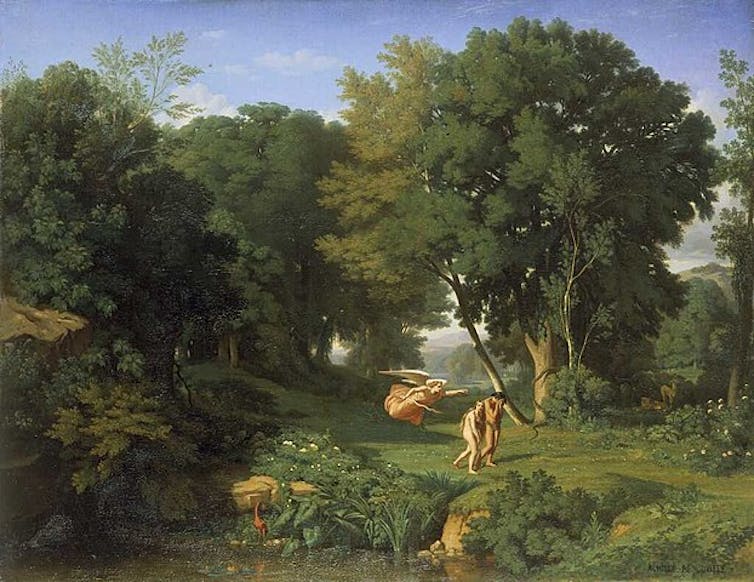
Adam and Eve Chased out of the Terrestrial Paradise. Jean Achille Benouville, 1841.
Gods and kings
All through the historic Close to East, in whose fertile soil the Biblical traditions took variety, kings (who usually assumed priestly duties) had been believed to have the monopoly of speaking with the gods contained in the royal yard. This was seen as a microcosm of the divine yard.
All through the Babylonian Epic of Gilgamesh (from spherical 2000 BCE), the hero-king Gilgamesh travels to the wondrous yard of the sun-god, the place flowers boast invaluable gems in its place of leaves, in a quest to say immortality. Though immortality eludes Gilgamesh, the divine yard provides him data. Thus outfitted, he returns to his metropolis, Uruk, moreover often known as “the yard of Gilgamesh,” and builds magnificent partitions which is able to etch his set up into the reminiscence of mankind.
Be taught extra:
Knowledge to the classics: the Epic of Gilgamesh
In a single completely different story, regardless of his uneasy relationship with the fertility goddess Inanna, whose advances he lastly rejects, Gilgamesh poses as her devoted gardener. He carves a throne and a mattress for Inanna from the Huluppu tree whereas she makes him a magical drum and drumstick from it to summon warriors to battle. When Inanna’s favorite tree is threatened by a serpent nesting at its roots, solely Gilgamesh and his companions rush to her help.
All via the Close to East, the yard was a spot the place gods confirmed the legitimacy of kings. Sargon I (1920-1881 BCE), the founding father of the Akkadian-Sumerian empire, poses contained in the epic The Legend of Sargon as a humble gardener, and was hand-picked by the goddess to develop to be the king.
Historic Close to Jap kings invested exorbitant sums of cash in growing magnificent royal gardens, architectural marvels which crystallised in folks’s minds their distinctive communion with the gods. Sennacherib (704-681 BCE) attainable commissioned the well-known hanging gardens to be constructed close to his capital Nineveh, though we nonetheless normally confirm with them because of the Hanging Gardens of Babylon.
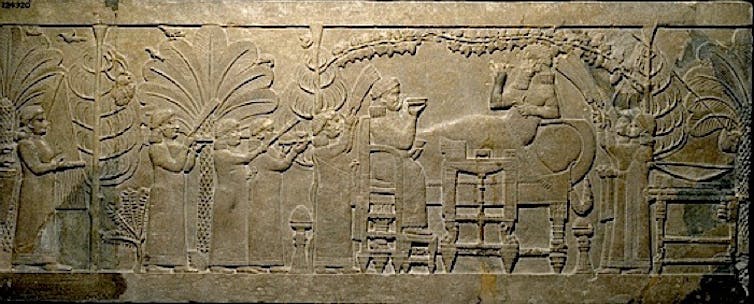
British Museum
The notion was furthermore acknowledged to the Israelite king Solomon (circa 970-931 BCE), who proudly launched his developing of lavish, well-irrigated gardens and groves, and was additionally utilized by the Achaemenids (a Persian dynasty). Undoubtedly the Persian phrase for an enclosed yard, pairi-daêza, was launched into Greek as paradeisos (“paradise”) by the historian Xenophon.
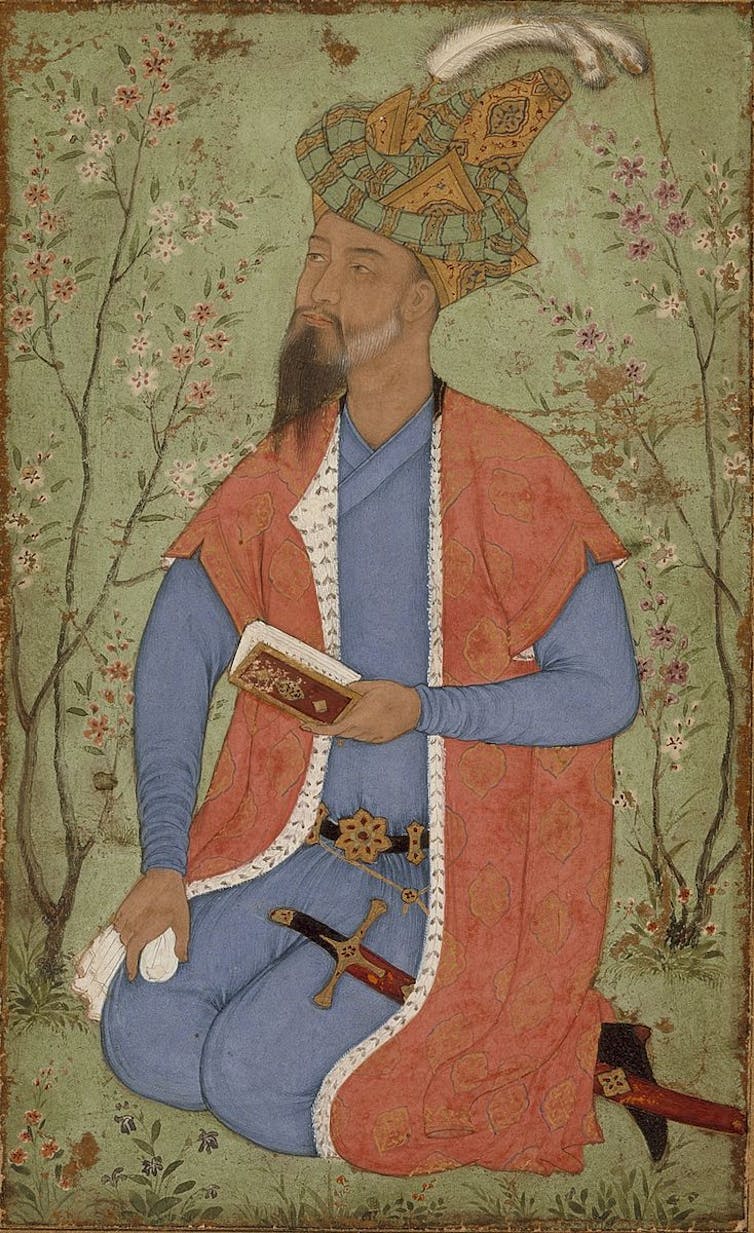
Wikimedia
In his biography of Cyrus the Good, the founding father of the Achaemenid Empire, the Xenophon notes with admiration the king’s impeccable gardening expertise which matched his royal profit. Seleucus I, Alexander the Good’s main who purchased proper right here to rule Babylon, furthermore embraced the profile of the king as gardener. His well-known yard at Daphne, open air Antioch, famend for its abundance of shady laurel timber, tall cypresses, and perennial fountains, was fastidiously related to the muse of the Seleucid dynasty and Apollo, their divine patron. All through the east the personalized actually not misplaced its attraction.
From the Center East to the world
The Romans, who inherited the kingdoms of Alexander’s successors, adopted the ideology of gardens with renewed zeal, transplanting it in Europe. The Roman Empire withered, nonetheless generations of aspiring aristocrats and rulers, together with Charlemagne, Rely Robert II of Artois (1250-1302), Cosimo de’ Medici (1389-1464), and Henri II (1519-1559) actually not forgot the sense of grandeur and superhuman aura that particular, distinctive gardens may afford them.
Relationship from the Center Ages, the Vatican Gardens, owned by the Pope, proceed to evoke the political and spiritual dimensions of the yard, which had been considerably celebrated in Britain with the ascension of Henry VIII in 1509. European colonization of the Center East seen the thought of the yard reintroduced contained in the locations of its origin, nonetheless, furthermore imported contained in the New World. Gardens such because of the Victoria gardens in Mumbai confirmed off the legitimacy of British rule.
Be taught extra:
The science is in: gardening is good for you
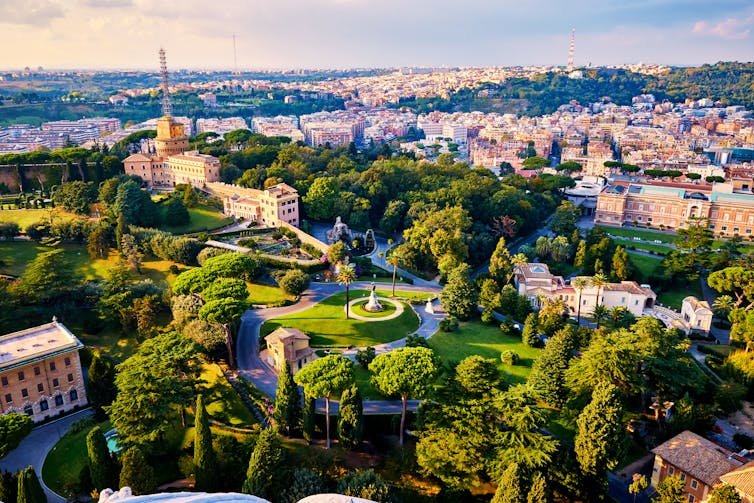
Shutterstock
The connection of the yard with politics stays sturdy. Neighborhood gardens are sturdy as an epitome of democratic values, and the Royal Gardens in all necessary Australian cities advocate inclusiveness, regardless of their monarchical titles. Gardens surrounded historic temples to ship worshippers nearer to god; gardens embody battle memorials inviting us to replicate on life misplaced and life gained.
So subsequent time you’re wandering spherical your non-public yard, mirror on the truth that you just’re strolling contained in the footsteps of the kings and queens of yesteryear, in your non-public slice of paradise.
[ad_2]
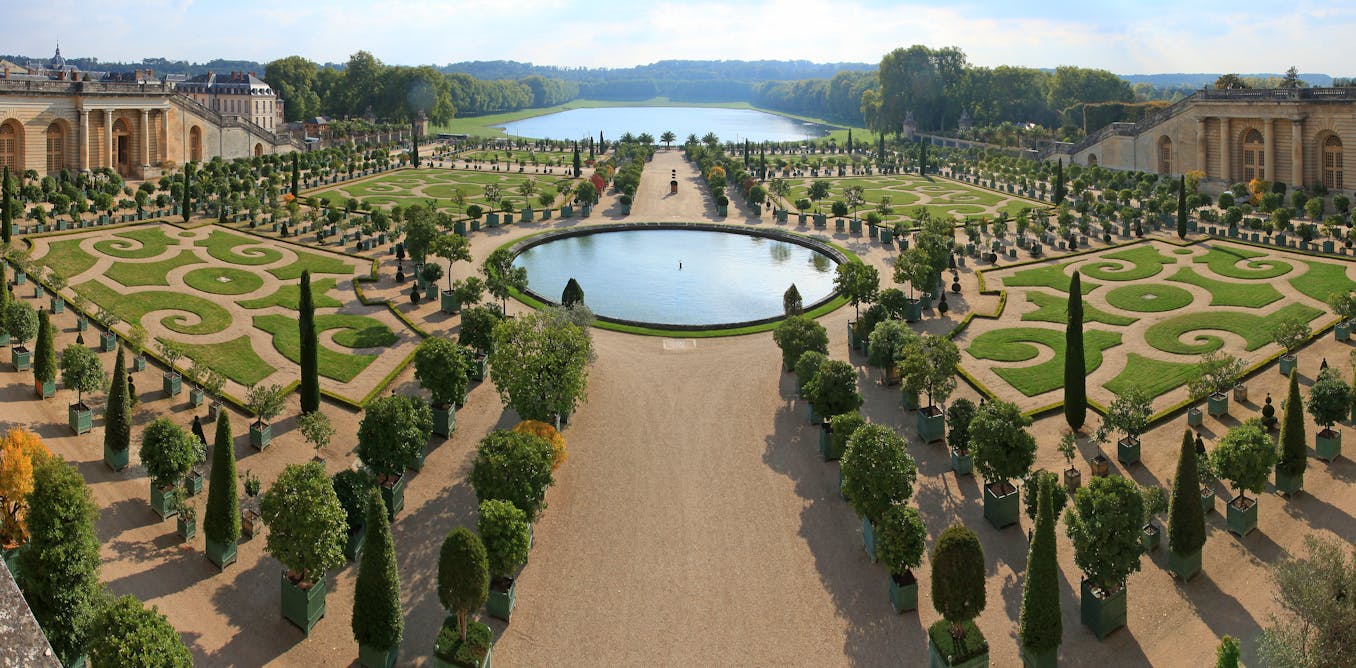

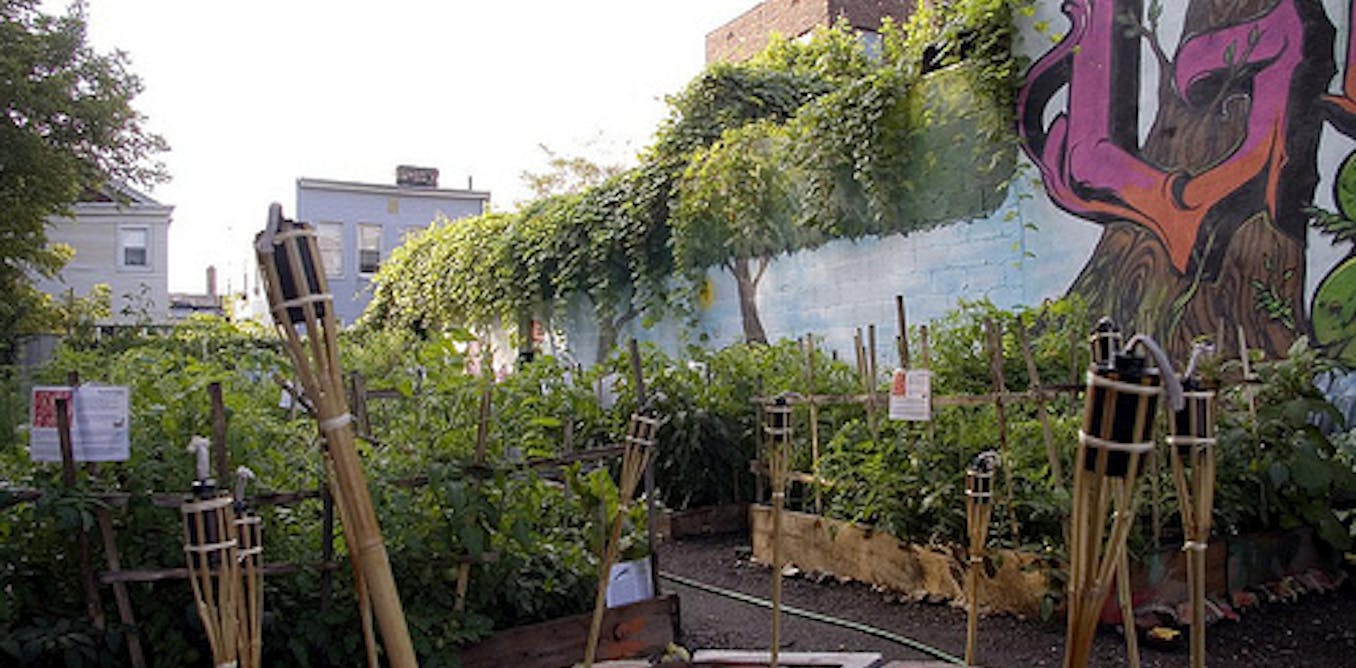
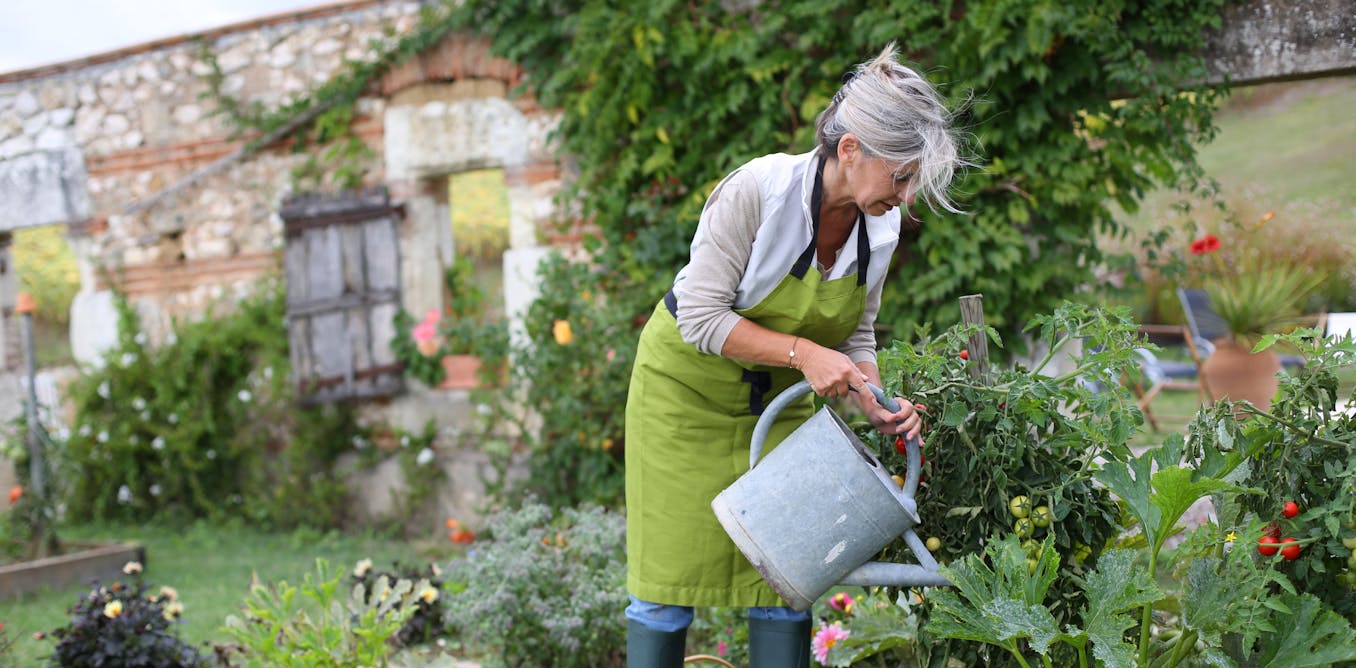
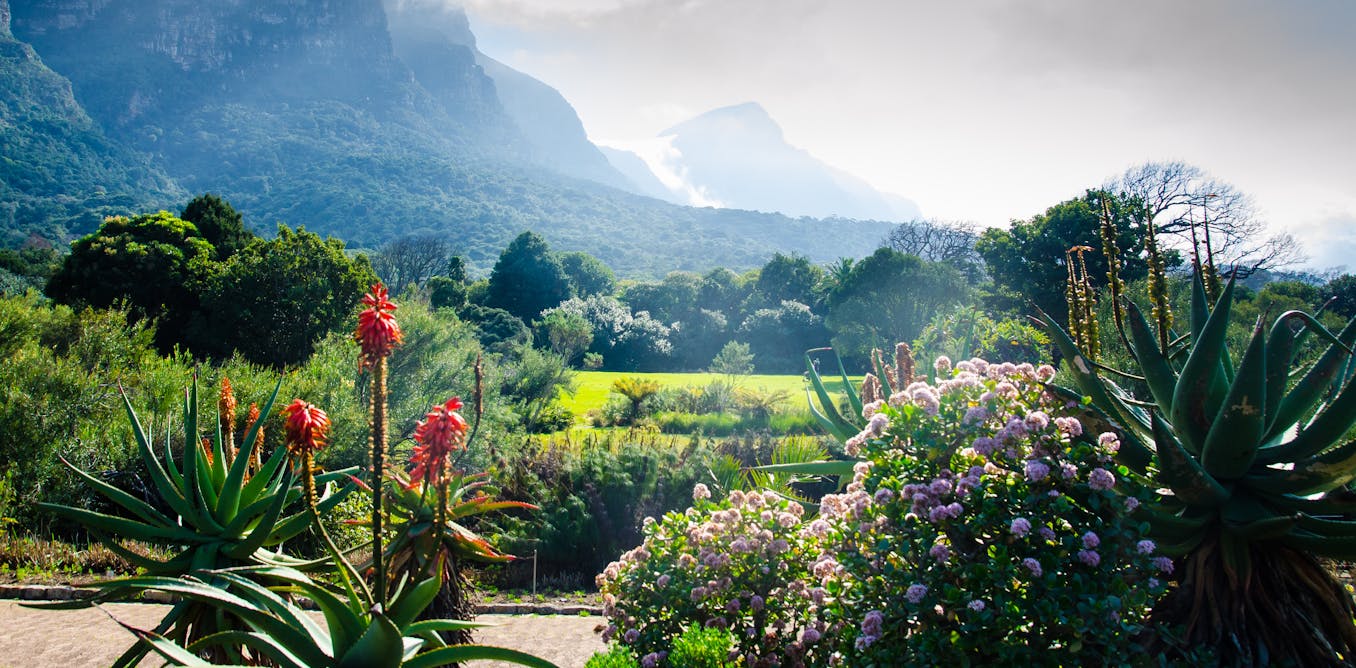

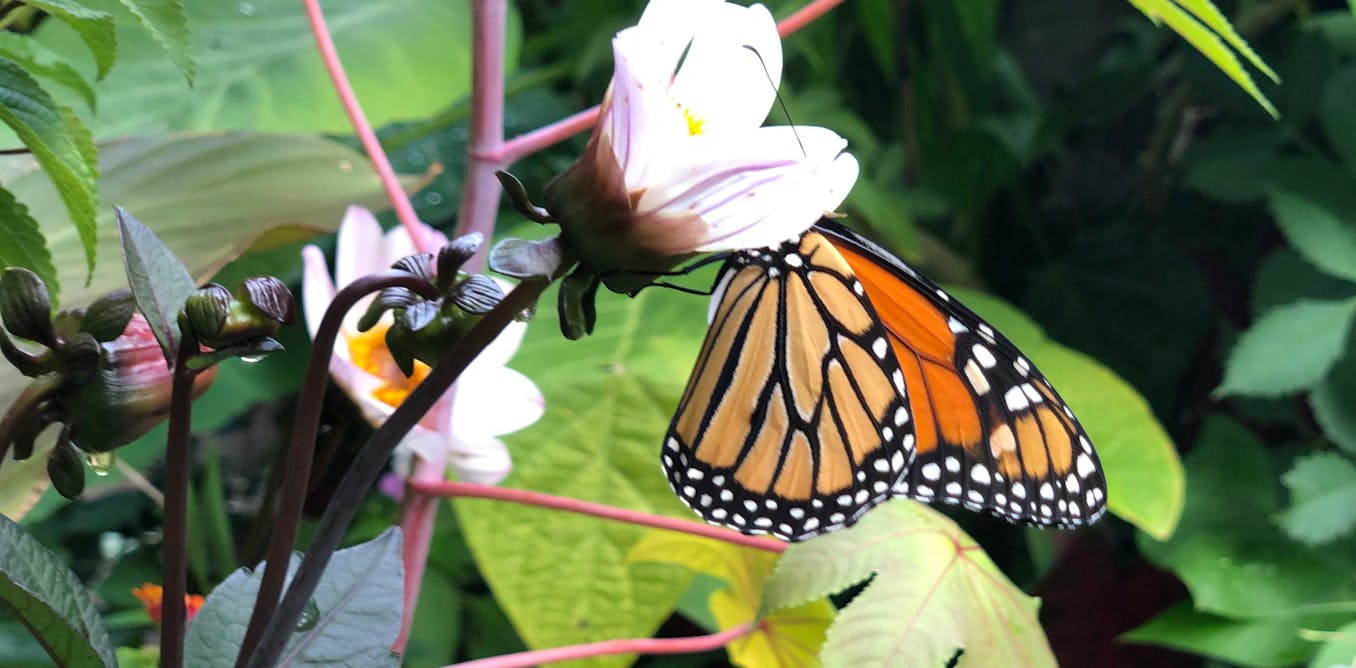
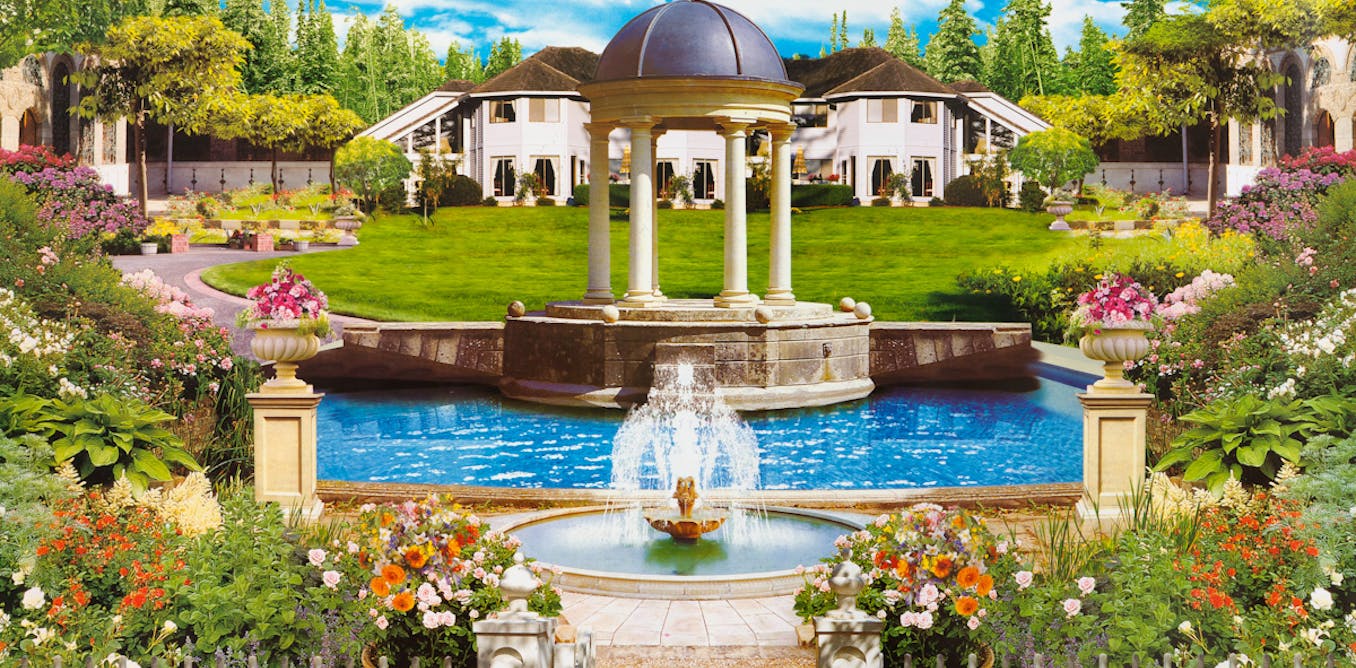
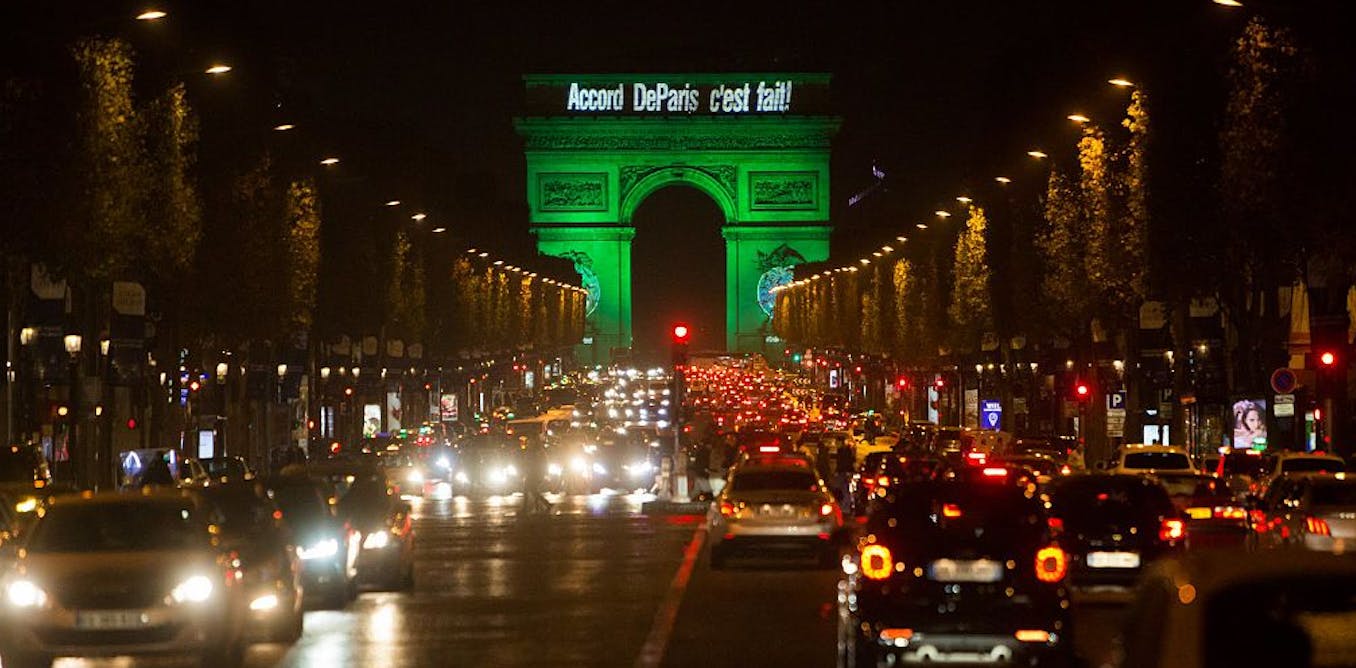

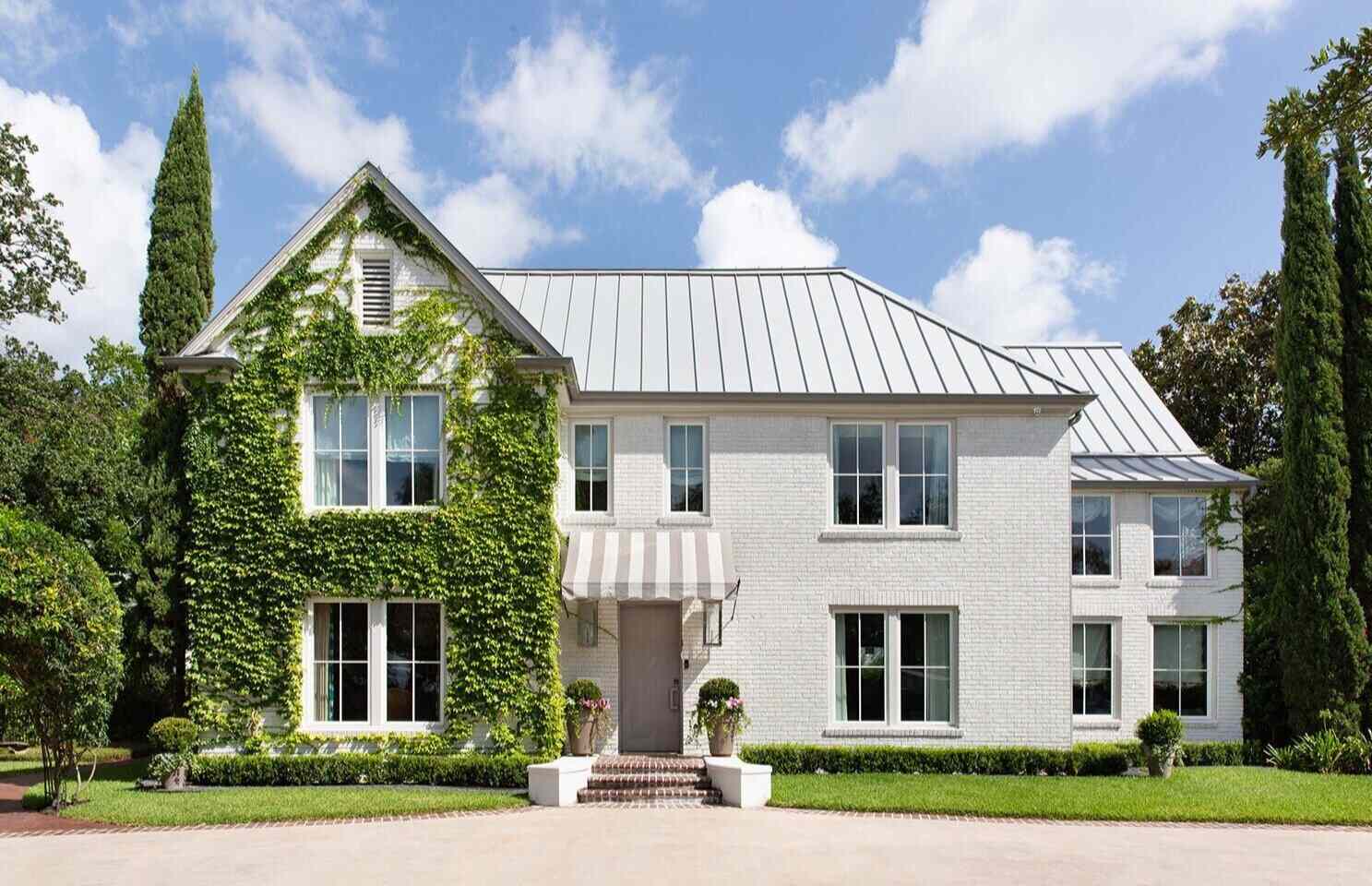


Leave a Reply